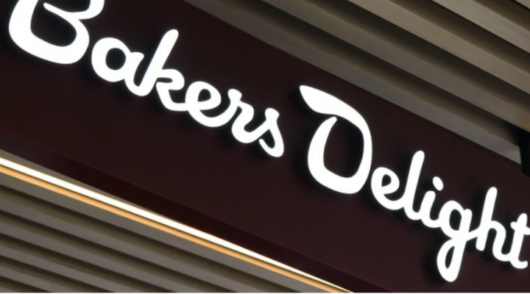Taylor Swift’s The Eras Tour concert helped drive retail sales to a modest increase in February, according to the Australian Bureau of Statistics.
February retail spending totalled $35.8 billion, up 1.6 per cent from the same month last year.
“Seven sold-out Taylor Swift concerts in Sydney and Melbourne boosted retail spending this month, with more than 600,000 Swifties flocking to these events. This led to increased spending on clothing, merchandise, accessories and dining out,” ABS head of retail statistics Ben Dorber said.
“Looking past the temporary and one-off impact of the Taylor Swift concerts, underlying growth in retail turnover was up only 0.1 per cent in trend terms. After a period of higher volatility from November through to January, underlying spending has stagnated.”
ABS data showed that clothing, footwear and accessories sales rose 4 per cent, the strongest growth across all categories.
Department stores’ sales increased 3.7 per cent, followed by cafes, restaurants and takeaway which rose 2.9 per cent and other retailing, up 2.7 per cent.
Food sales climbed 1.6 per cent, but household goods sales declined 2.2 per cent.
National Retail Association director Rob Godwin that the economy cannot rely on a US pop star to improve.
“The government needs to start listening to the concerns of businesses, starting with the spiralling cost of wages. Otherwise, the sector will continue to decline and jobs and businesses will simply disappear,” Godwin said.
Australian Retailers Association CEO Paul Zahra said that retailers are hopeful that the Reserve Bank of Australia will cut interest rates starting mid-year after keeping them unchanged in March, to help boost spending further.
“Australians are still cutting back on spending as the lag effect of interest rate rises continues to
take hold. While food spending remained constant, there has been a shift towards more affordable and value-oriented products in recent months,” Zahra said.
“With inflation decreasing and retail expenditures weakening, a mid-year interest rate cut would
certainly alleviate the pressure on the retail industry and Australian households.”






